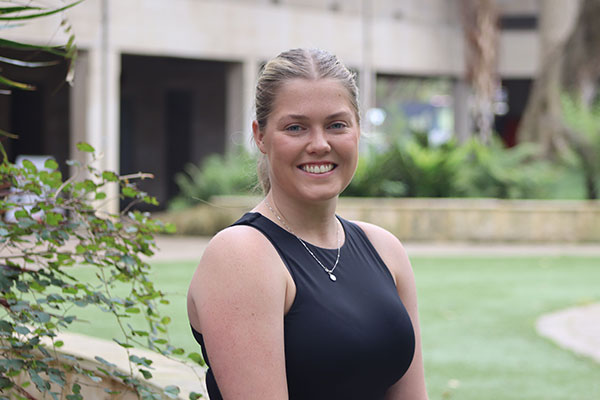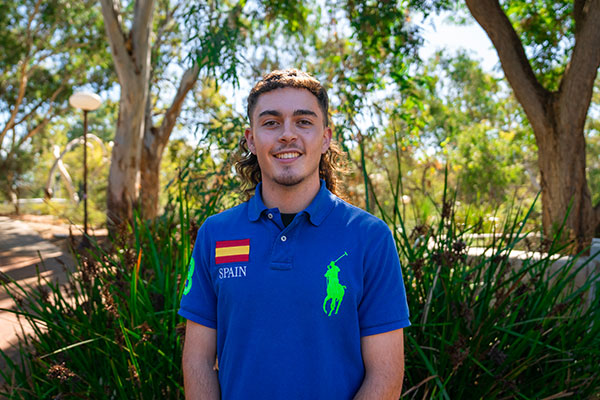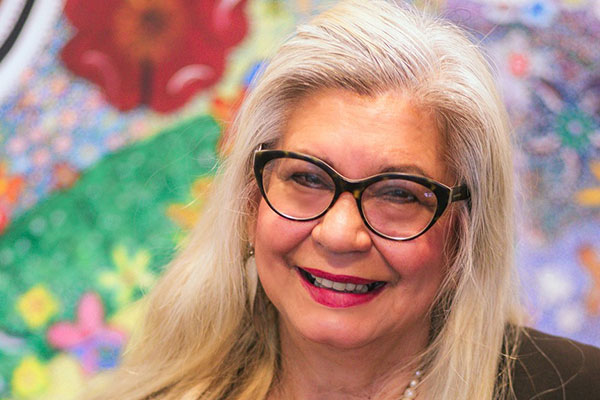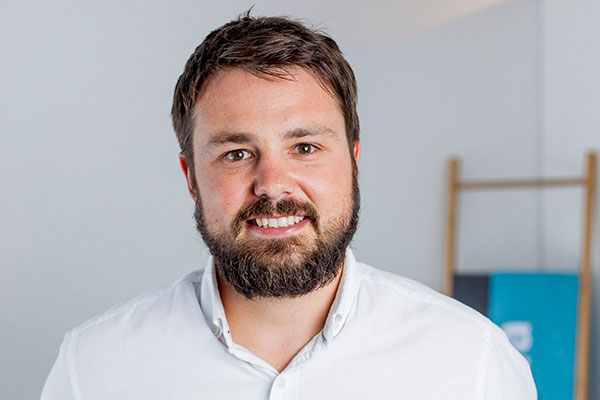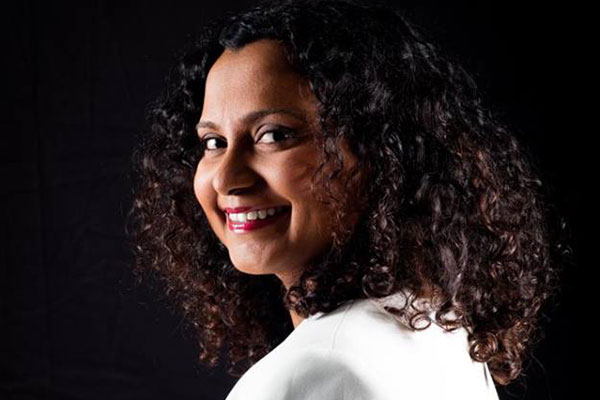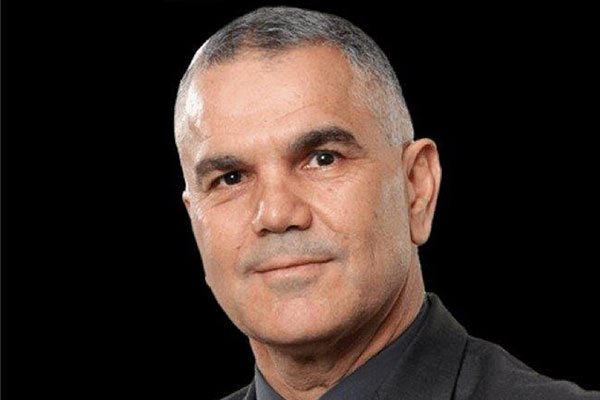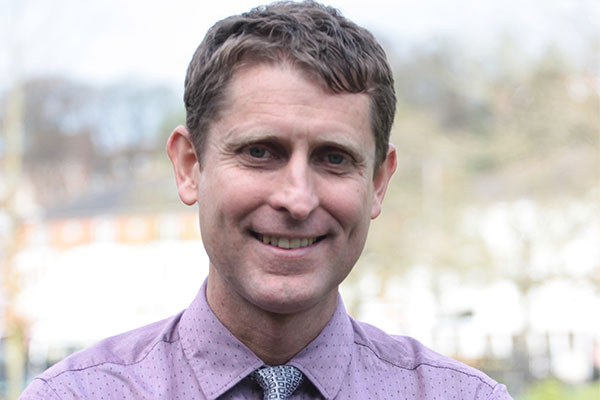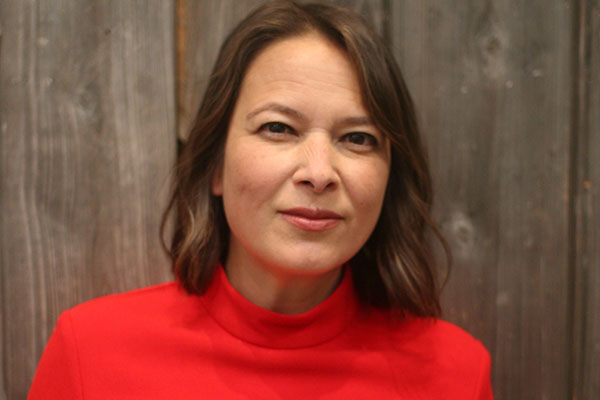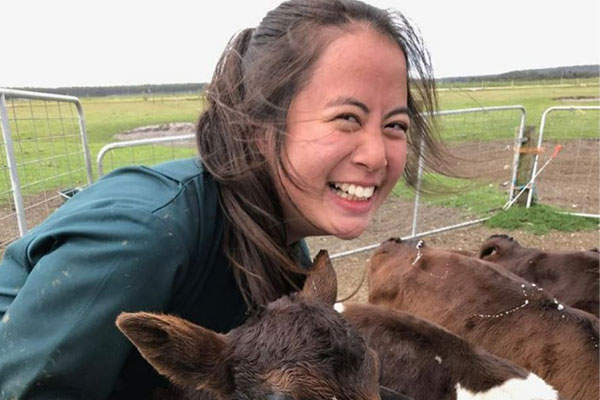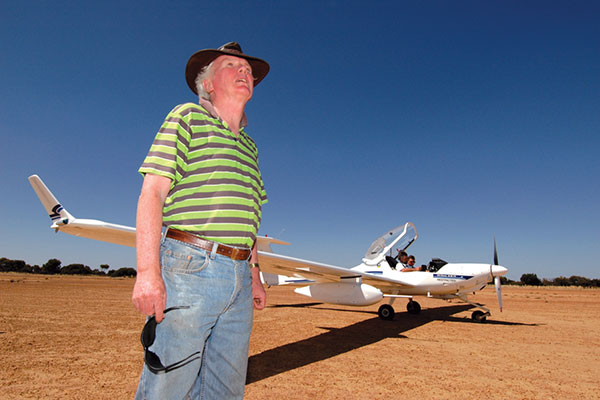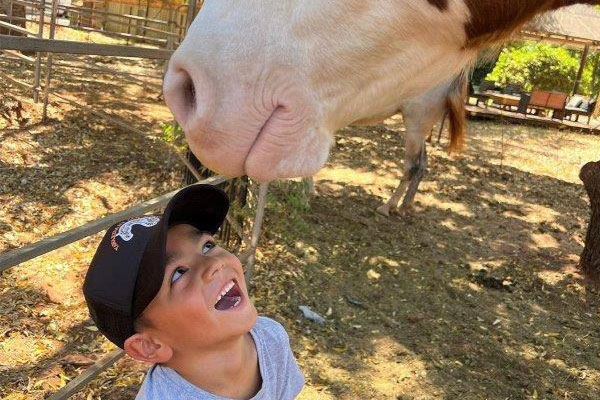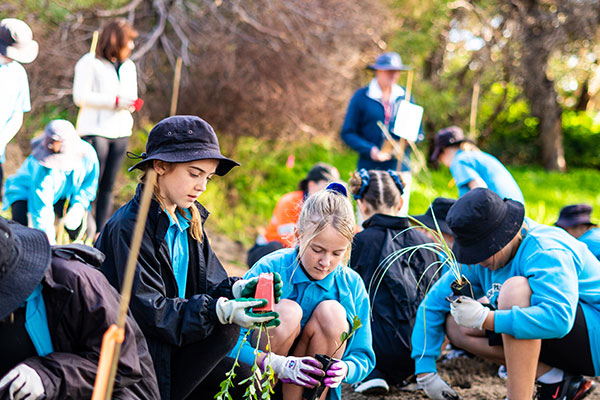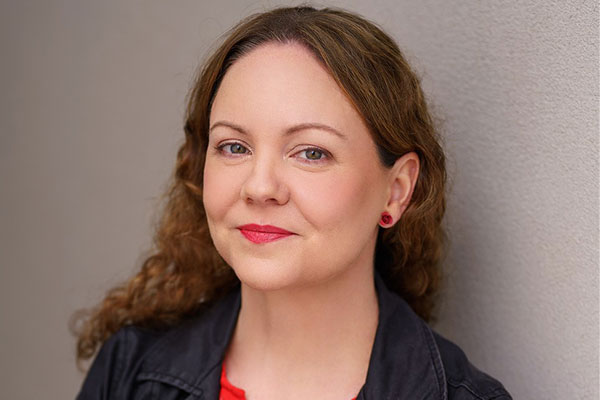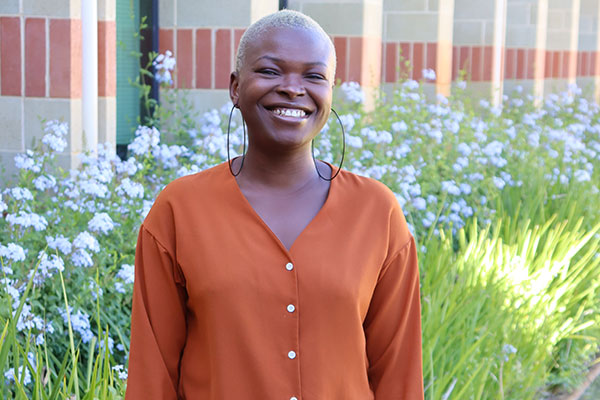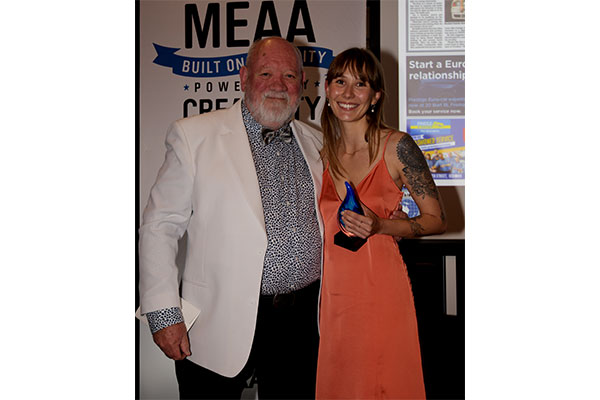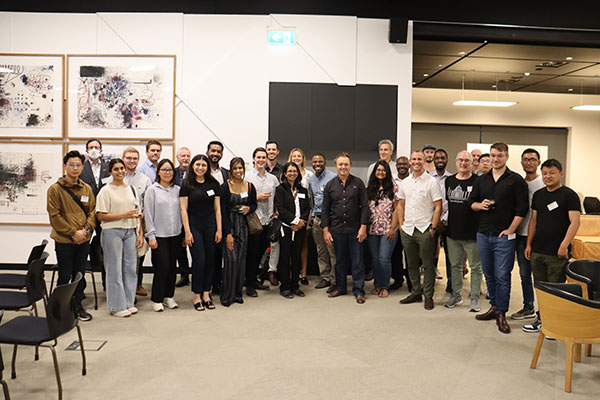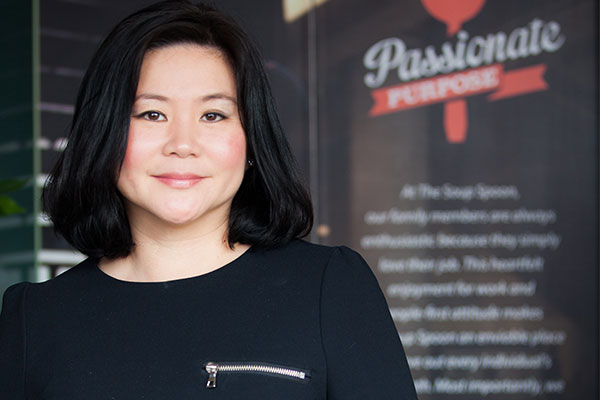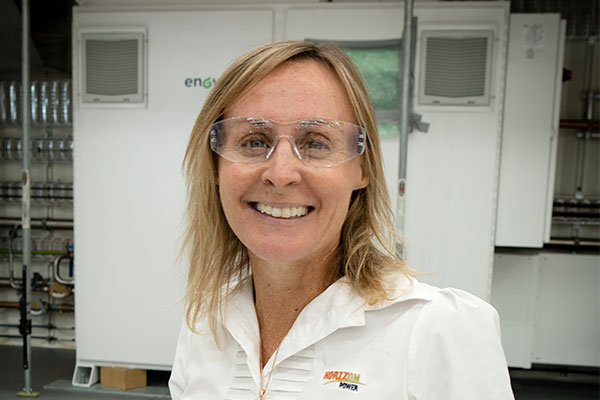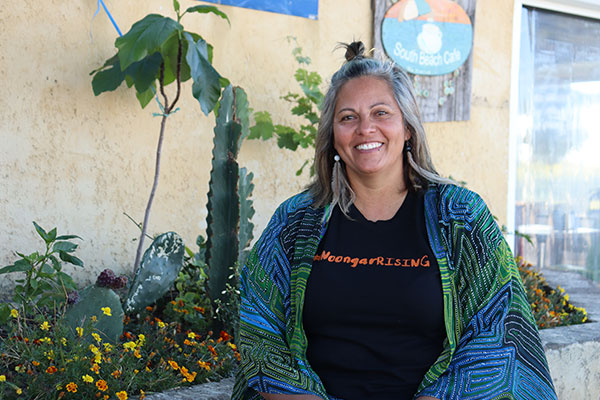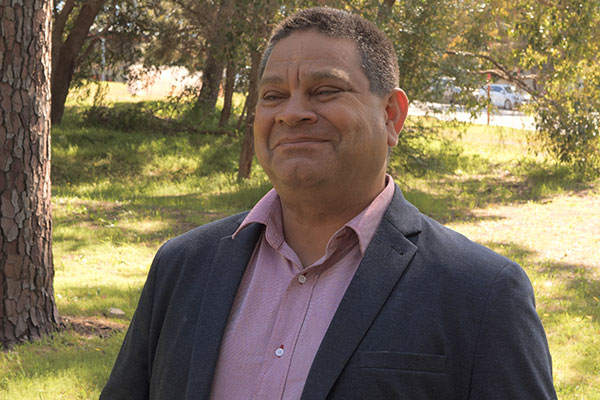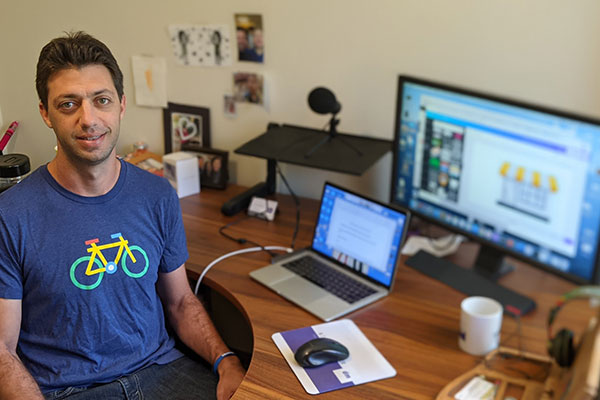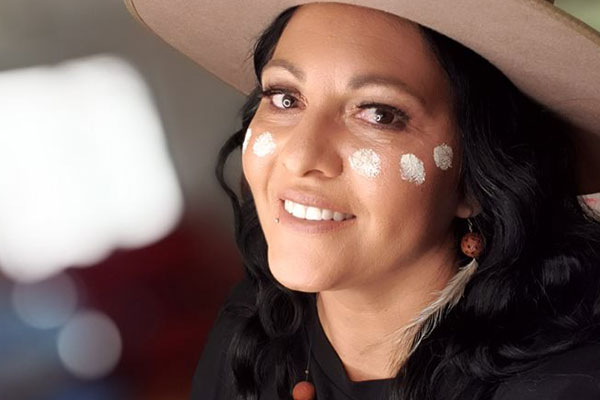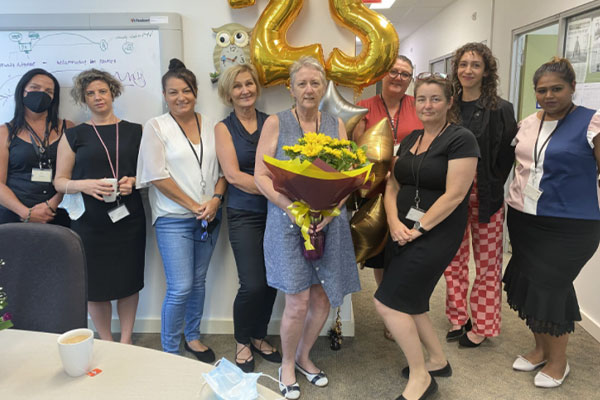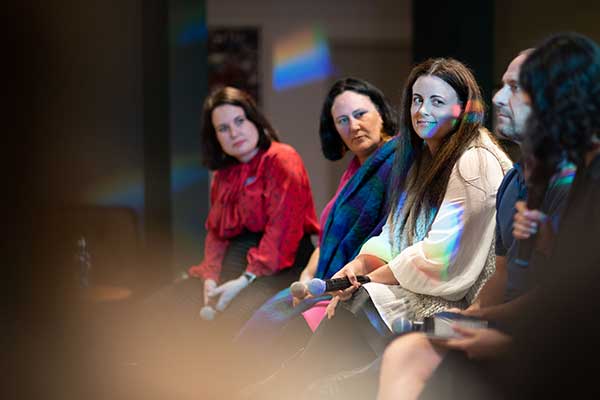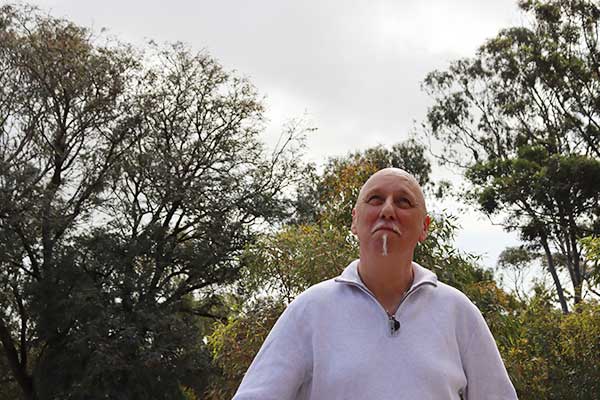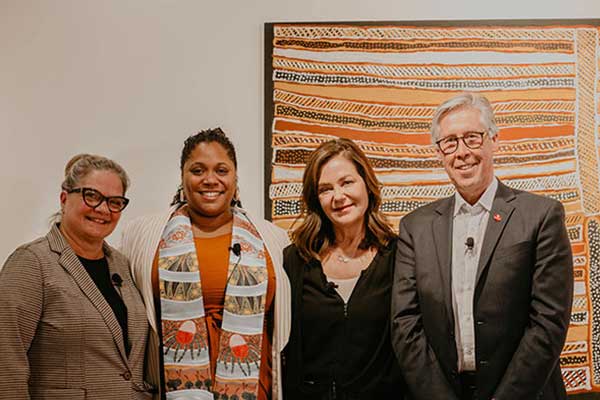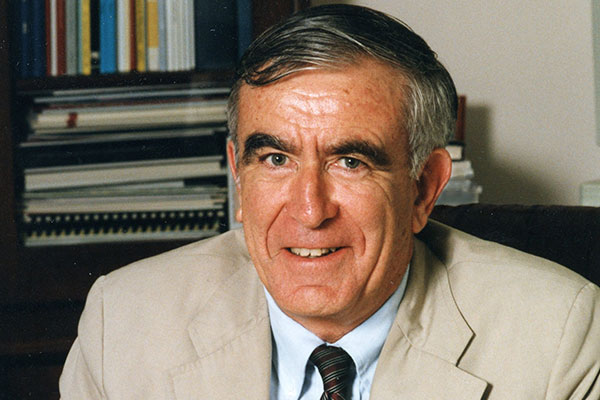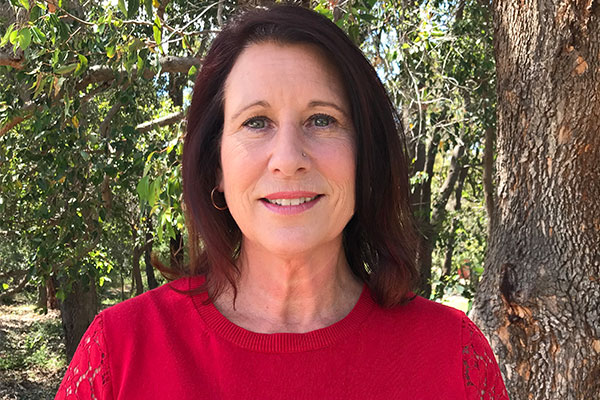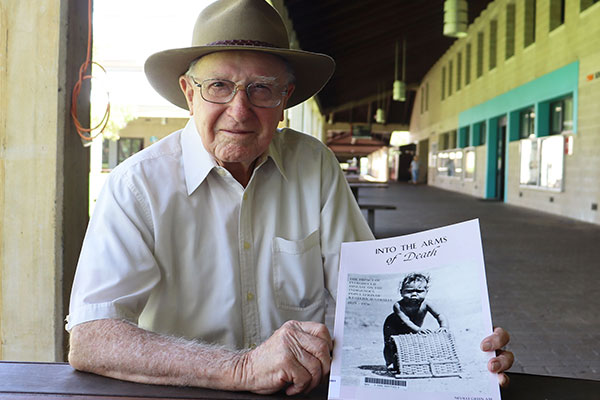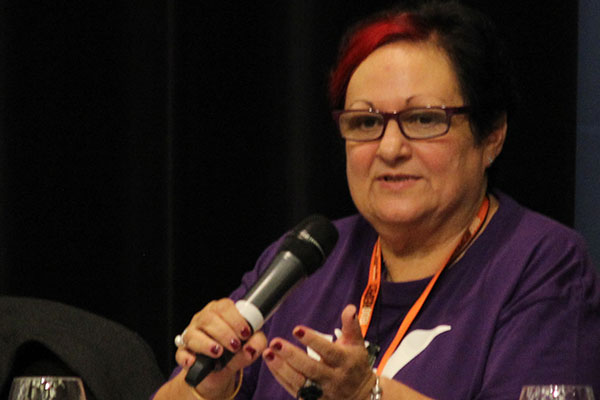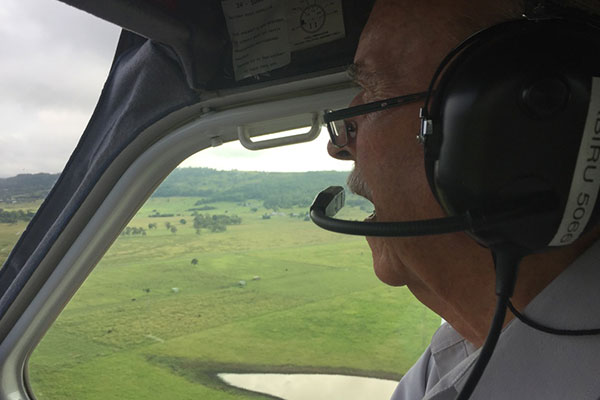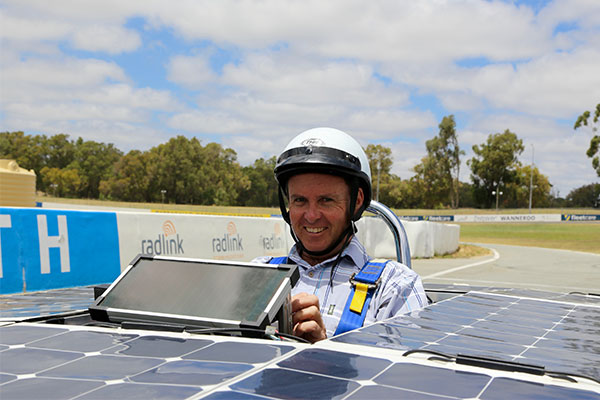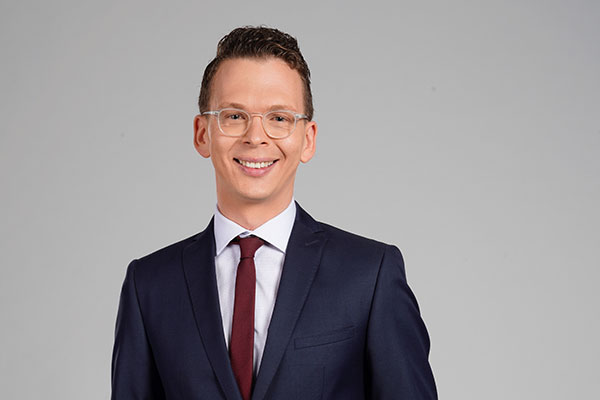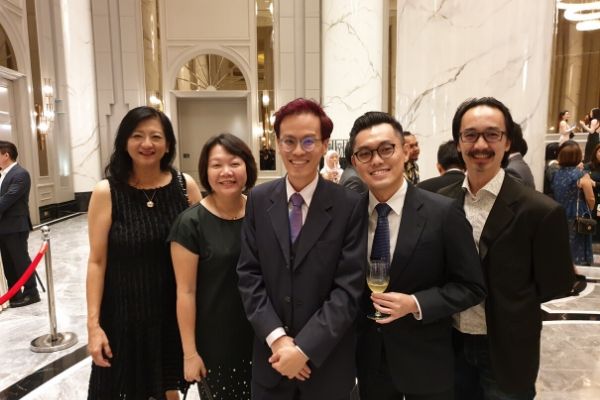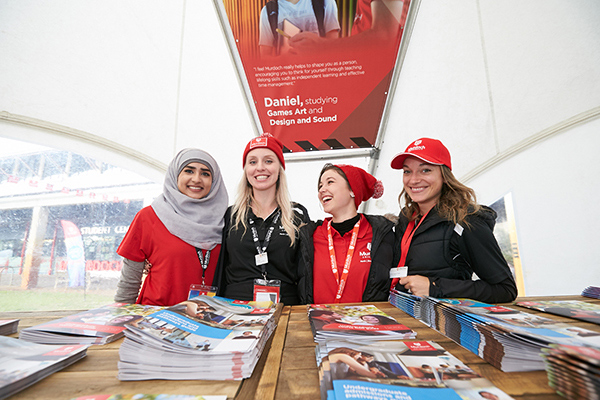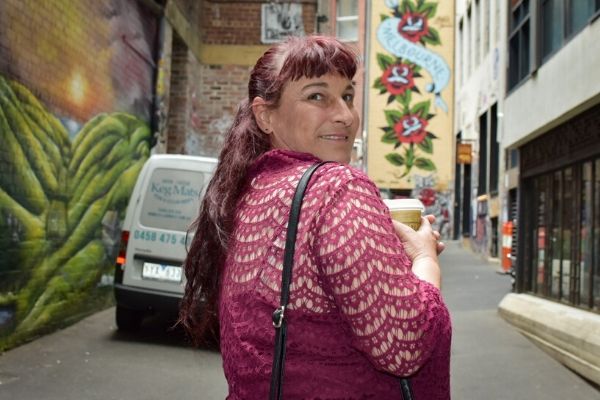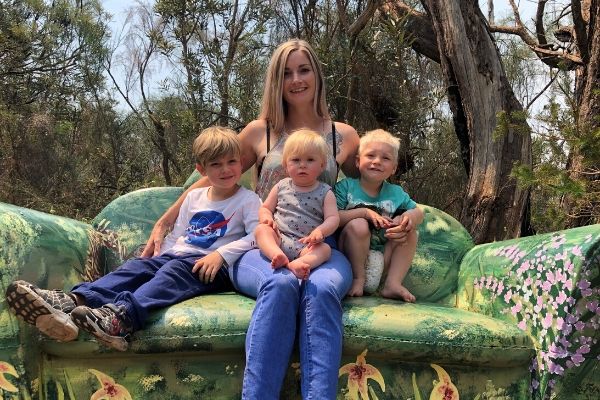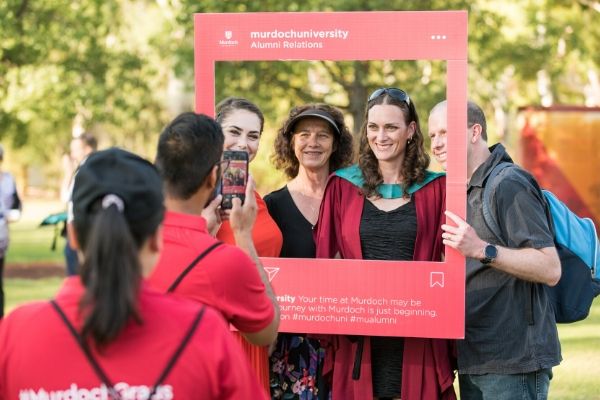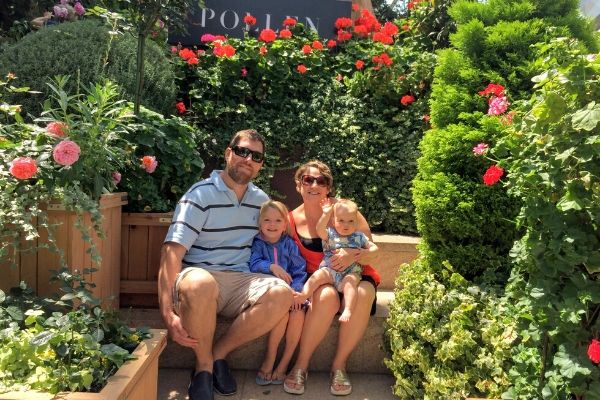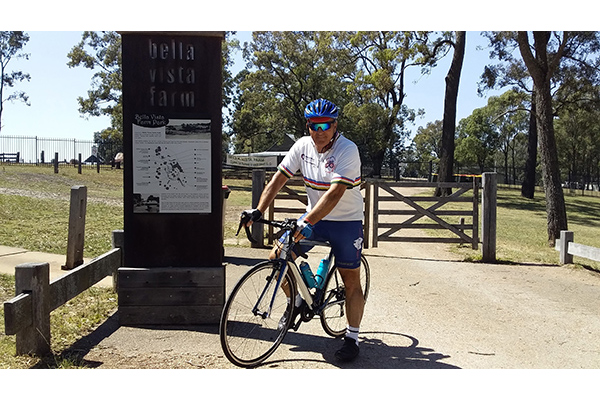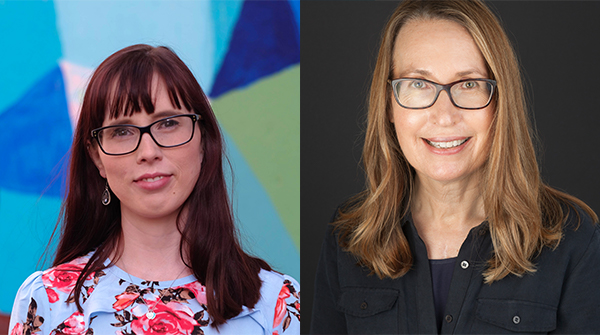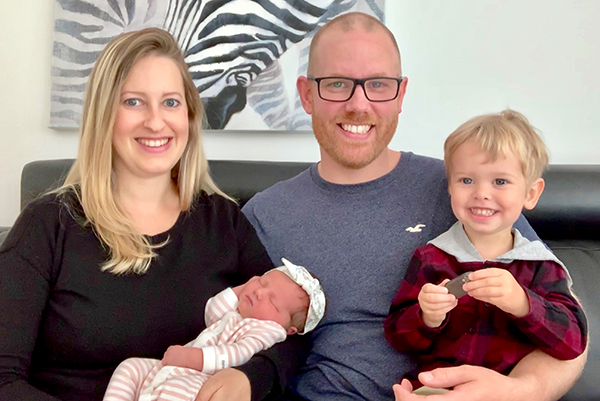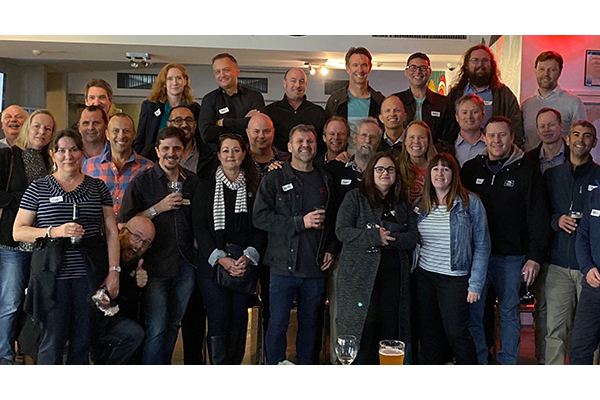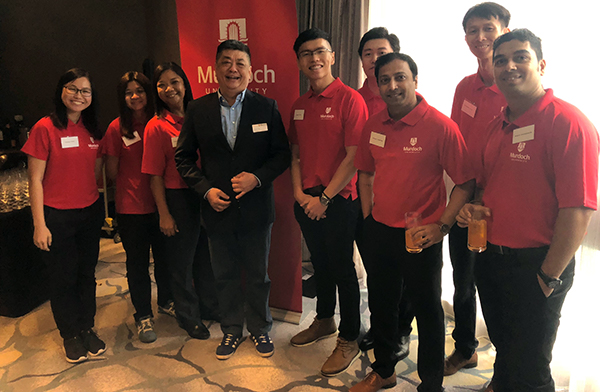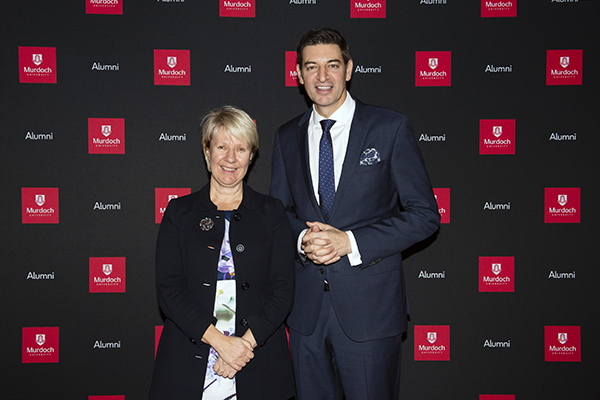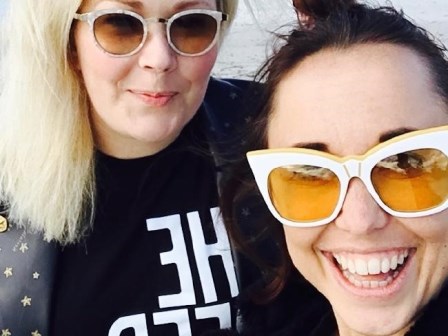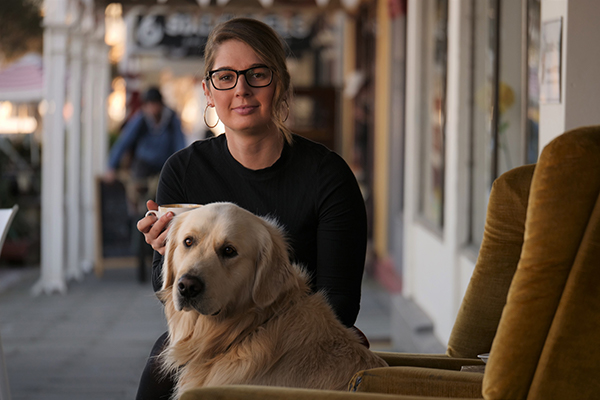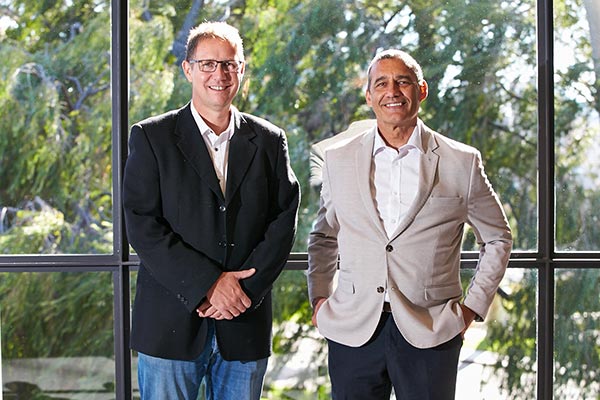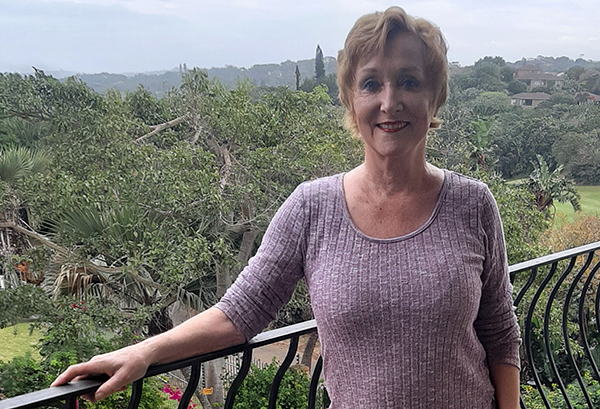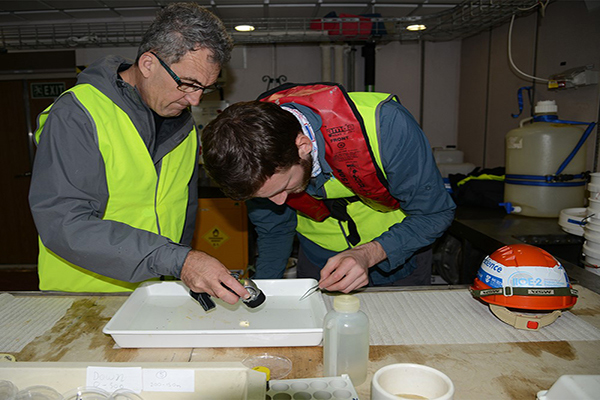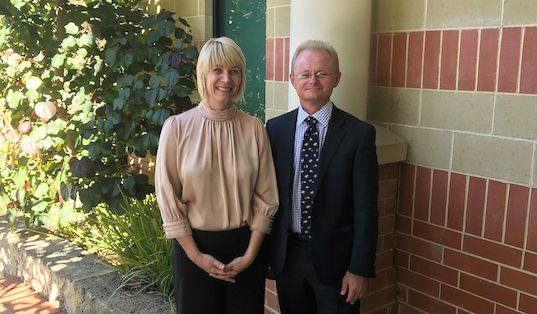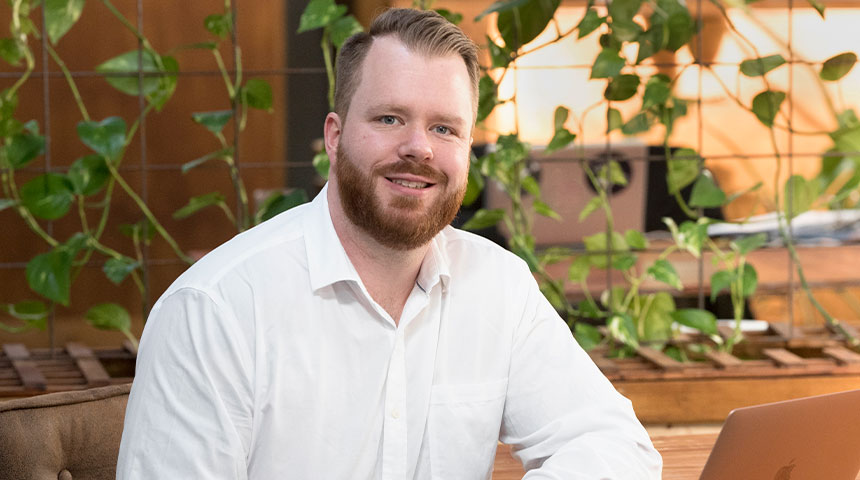
As CEO and founder of Your Social Voice, alumnus Kim Barrett (B International Business 2010) is quite the pioneer.
An internationally renowned social marketer, Kim has been at the forefront of social media advertising as this brand new industry has evolved over the last decade. His company helps businesses get heard on social media, build engagement and generate leads.
After Murdoch, did you follow a traditional marketing career?
I began more on the management side. After graduating, I was a General Manager at an IT company for a little while, dealing with international clients. Then I had a similar role at a grain trading company. So I didn’t really get to flex too much of my marketing muscle at that point. However I always had a side hustle if you like, a little business idea that I was working on. Initially it was a supplement company, working with my brother. We were selling protein and protein bars and things like that. This was my initial exposure to online marketing. I would set up little ads and have them running to our webpage showing our product range.
Was online marketing something you had an affinity with?
I always found it interesting and really liked looking at the statistical side of things. For example discovering that if the conversion rate on a webpage was say 2%, how many people do I need to get there and at what price to make it work? That detail always interested me. I initially looked at Google, and things such as solo ads, which is basically where you pay other people to send out emails for you and see what returns it generates. But all of these seemed to be very ‘hit and miss’ at the time.
Then when Facebook came out and released their platform it seemed much more common-sense to me. I thought I could use much better targeting and actually know who is going to see what I am putting out there. So it actually alleviates 50% of the problems that most marketers and advertisers would have, which is essentially ‘If I’m going to put out a general marketing message, how am I going to make sure that the person I actually want gets the details, rather than just trying to pander to what the general public wants to see.’ That really interested me, and that is why I began focusing on social media advertising and marketing rather than other forms of digital advertising.
Was there a point where you thought ‘Right, I am going to go it alone now and set up my own business?'
There was kind of a transition of roles. I ended up working with someone who is actually now my brother-in-law. He had a personal development company and they did live events around Australia and they needed help with their Facebook advertising. So I agreed to come on board and kind of use that as, almost like an apprenticeship if you will. I didn’t really get paid very well to do it, but it meant that I had quite reasonably-sized budgets to play with. I got quite a lot of input from external companies, from mentorship and guys who were running big volumes of traffic and advertising spend. The role went for about a year and at the same time I was also doing some public speaking for them, presenting and education for their clients. After a year or so, they thought I should choose and basically gave me an ultimatum of either going full-time into presenting with them, or focusing on my social marketing and having them as a client. This matched what I thinking at the time anyway. At the end of that year I decided I was going to focus on building up my own marketing and advertising company and launched out on my own with just one client!
Do you find that there is a common mistake companies are making with social media advertising?
The big one that I see is that they don’t actually identify a target, a niche and an audience. When it comes to social media, sometimes they don’t realise that the feeds are personalised for each and every one of us. Even though I might sit next to someone who is the same age, gender, similar interests, similar business experience etc. we all have a completely different news feed, because basically it personalises it for us, based on what is going to keep us there for longer. Essentially using the things that we like the most. So everyone has a personalised experience.
If companies are just starting out, or have only just started playing with Facebook, they often put out a general marketing message and they don’t have it personalised. It doesn’t speak to one specific type of person, or one specific part of the problem and that is generally where they fall down. They are trying to take, I would say, a general message and put it on to a really specific platform - social media and people’s individual news feeds. That is generally where the problems arise, because it is something that is too general, when they should actually be going the other way and be much more specific.
Can you explain a little bit about why you are good at generating leads?
It sounds simple but essentially we focus on the fundamentals. A lot of the tools of the trade that we look out for when we are planning are from the early 1900s at the outset of direct response, marketing and advertising. They are the keys that we adapt to the social and digital landscapes. We use what we call the NOC method, which is identifying the Niche, the Offer and the Copy that is going to best get a result. We have been trialling that and massaging the process and method for six years and have got it down pretty much to a fine art now. We know that if we get those three things in alignment, then we are going to have success with a client campaign and that it is going to generate, generally speaking, a good volume of leads, within their target price and help them get the results that they need to scale.
I notice you had a phrase on your website about finding ‘needles in the haystack’. Can you elaborate?
It concerns the concept of niche. As soon as we discuss this with clients they get very specific about who they are chasing. For example, we are currently working with a client that has specified that they can only work with customers who have a $3 million + turnover. Trying to find those clients on Facebook, without getting business owners who are under that, is really like finding a needle in a haystack. So we have to devote time, energy and effort into refining the words we use, the targeting we use, and how our offer is positioned to try and ensure that we don’t get too many people that would fall under that category for them.
Could you outline what an ideal landing page is?
For me, there is only really one and that is one with a great offer, hook or whatever you want to term it. A lot of people get really hung up on the elements, the colours, the branding etc. which is important yes, but to me, if you have a really compelling offer, then that is more capable of turning around a campaign than anything else. A headline, hook and offer that draws people in. Developing this for a client’s landing page is the most important infrastructure element for us. We spend most of our time massaging that. We still make sure that it looks good, is laid out well, and that it is in line with the brand guidelines, but for us, the offer overrules everything.
Do offers need to be varied regularly?
Sometimes you might have a way of attracting clients and it and it just consistently works. We have one that has worked for two and a half years. Sometimes we vary the front end creative, but what we use to attract clients is something that we call a ‘Perfect Ad Template’ - how to write the perfect ad every time and a template to do so. We give that away on a second page. We make an offer for them to book a call with us if they need our help and assistance and that has worked consistently day in, day out, for over 2 years.
Is the copywriting crucial?
Yes. It is what they call ‘salesmanship in print’. The copywriting is what is going to have a big impact. You can have impact with imagery, graphics or video, but even with video you have to have a tightly written script to encourage people to take action. The copywriting does the heavy lifting, especially when you get to the niche offer copy. The way you articulate it has got to be really powerful. Just the subject line can make a variance of 1% open rate to 5% or 20%.
Who have been the most influential people as you built your company?
From a general perspective, a guy named Gary Vaynerchuk who is arguably the number one social media personality in the world. We also have been lucky enough to work on an event for him and he came out to Australia. To actually meet him in person was very cool.
Also, probably people that I have paid for mentorship. There is a gentleman by the name of Ben Simkin over in Brisbane who has been a mentor of mine pretty much since we started. Over the last four or five years he has always been someone I have gone to for feedback, advice, and ideas. He has a big history in direct response advertising and marketing and has always been there for me any time I have had problems. I can pick up the phone and call him and he has been pretty instrumental in making sure that we stay on the right track and don’t chase too many rabbits down too many different holes.
Is Australia positioned quite well? Is there a dominant market that everybody looks to?
Not really, because Australia is well-primed. If you can make something work here with a small population, you can make it work anywhere. I would say that we have arguably a harder job than many countries because if we have a campaign where we are trying to approach 1% of the population, in Australia that is 186,000 people according to Facebook. In the US that is 1.8 million. So I would say if you are trying to shoot arrows and hit the bulls-eye, you have got a bigger ballpark when you are playing in the USA. So most of the time I find if you can hit the mark in Australia, when you do ultimately go into bigger markets then it is usually much easier. We help some of our clients expand over into US markets and bring US business in. We have done that approach with ourselves as well. Around 20 to 30% of our business comes from the US. I have also had the benefit of speaking at a few big events in the US and Canada too. This has helped open those markets up to us.
What are the most satisfying elements of running Your Social Voice?
I just like seeing other business owners really succeed. When our company makes sales or generates enquiry it is definitely fulfilling, but I would rather see, maybe because we do a lot of training of people as well, a client make a breakthrough. Especially small business owners, who maybe have never done something like this before and they generate their first lead, or make their first sale.
One guy we have at the moment for example, who has had his business completely turned around. He does marketing for gyms. We did one thing with him and he went from being very scared, stressed and overwhelmed, making no sales for two weeks, to the last two days of pulling in over a thousand dollars a day, through a newly positioned offer. Just seeing the happiness on other people’s faces is always really rewarding.
You must pinch yourself sometimes. You really are a Columbus of sorts, charting new waters in a new industry.
Oh definitely. It’s funny because I still don’t think that my Mum and Dad understand what I do. They kind of get it. “Oh...he does stuff on Facebook”. Even when I was at university, the industry that we currently have was still forming. There were advertising agencies, but there weren’t any specific Facebook advertising agencies. Digital marketing agencies were just coming out and they had been doing some stuff. There were web agencies who had adapted to digital marketing and tried to move with the times as well. So it is very interesting to see the adaptation unfold. When we are in the office I look around sometimes and see our team of 7 working on projects all around the world. If you had asked me whether it was something I envisaged doing back in school or university, I couldn’t have even known what was possible. It didn’t exist, so yes in some aspects it’s quite surreal.
So you had no set career course for yourself?
I always wanted to be a ‘business man’. I didn’t know what aspect of business I wanted to be in, but it was always one of my goals. Obviously going to university that was part of my goal, and I thought I might go into management consulting or something like that on the back end of it, studying international business. Funnily enough, I have kind of ended up in that role anyway, as a background to all the stuff that I have done.
In this business do you feel you need an understanding of human psychology and how people make decisions?
100%. You have got to be able to enter into the conversation that your prospective clients are having in their own head and you can’t do that if you don’t understand how people act, and operate, and what they do. So you have to have some sort of fundamental understanding of that, to be able to address it, and even more so in the times that we are dealing with currently.
How is your business coping in the current climate?
For us, we are in a unique position in which people need us now more than ever, so we are very lucky. For the businesses that can withstand all the dramas that are happening, there are a lot of opportunities. There has been an increase of 77% of users on social media, costs have come down, and online sales are up. The cost to get in front of people at the moment is sometimes up to a quarter of the previous rates. So for the businesses that can, there is huge opportunity which is why we are busier than ever and hopefully able to weather the storm for some time to come.
Your Social Voice
